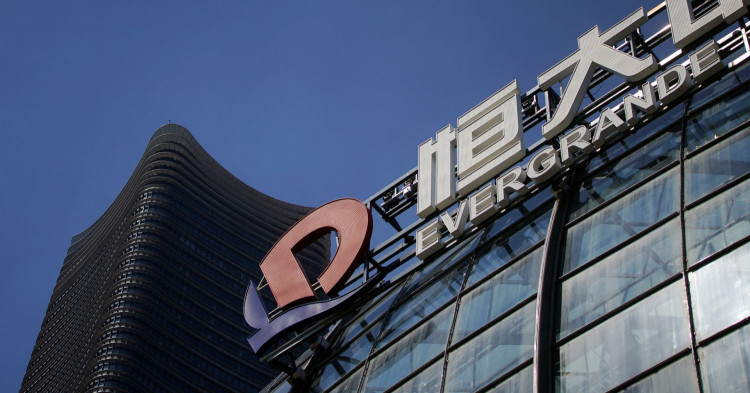The unfolding saga of China Evergrande Group's financial collapse has taken another turn with the sale of a second mansion in Hong Kong linked to the company's chairman, Hui Ka Yan, as the beleaguered property giant continues to grapple with its debt crisis. The sale, managed by property agent Savills, underscores the ongoing liquidation of assets associated with Evergrande and its executives following the company's default on offshore debt and subsequent court-ordered liquidation.
This particular mansion, valued at approximately HK$500 million ($63.9 million) and situated in the prestigious Peak area of Hong Kong, features stunning city views and luxurious amenities including a private garden and an internal elevator. The property's sale is part of a broader effort to recoup losses from Evergrande's staggering $329 billion debt, which has sent shockwaves through China's real estate sector and the global financial markets.
The mansion's sale is emblematic of the broader challenges facing China's property developers, who have been under intense scrutiny following a regulatory crackdown aimed at curbing excessive borrowing and speculative investment. Evergrande, once the crown jewel of China's booming real estate market, has become the most high-profile casualty of this crackdown, with its downfall exposing the vulnerabilities of an industry that has long been a pillar of the Chinese economy.
The liquidation of Evergrande's assets, including the seizure and sale of luxury properties owned by Hui, raises questions about the future of the company and its ability to navigate the complex restructuring process. The sale of Hui's mansions, including the latest one managed by Savills, is a stark reminder of the personal toll the crisis has taken on Evergrande's leadership, with Hui himself reportedly taken into custody by mainland authorities on suspicions of "illegal crimes."
As the real estate sector continues to reel from the Evergrande debacle, the sale of these luxury properties also highlights the shifting dynamics of Hong Kong's property market. Despite a recent downturn in prices, there are signs of life in the luxury segment, buoyed by policy changes aimed at stimulating demand, including the rollback of taxes on residential property transactions. These policy shifts, coupled with the relaxation of down payment requirements for high-end homes, could potentially reinvigorate interest in properties like those formerly owned by Evergrande executives.
The ongoing liquidation of Evergrande's assets, including the high-profile sales of luxury mansions, underscores the profound impact the company's collapse has had on China's real estate industry and the broader economy. As creditors and investors navigate the fallout, the fate of Evergrande and its sprawling empire remains uncertain, with the resolution of its debt crisis poised to shape the future of Chinese property development and the global financial landscape.





